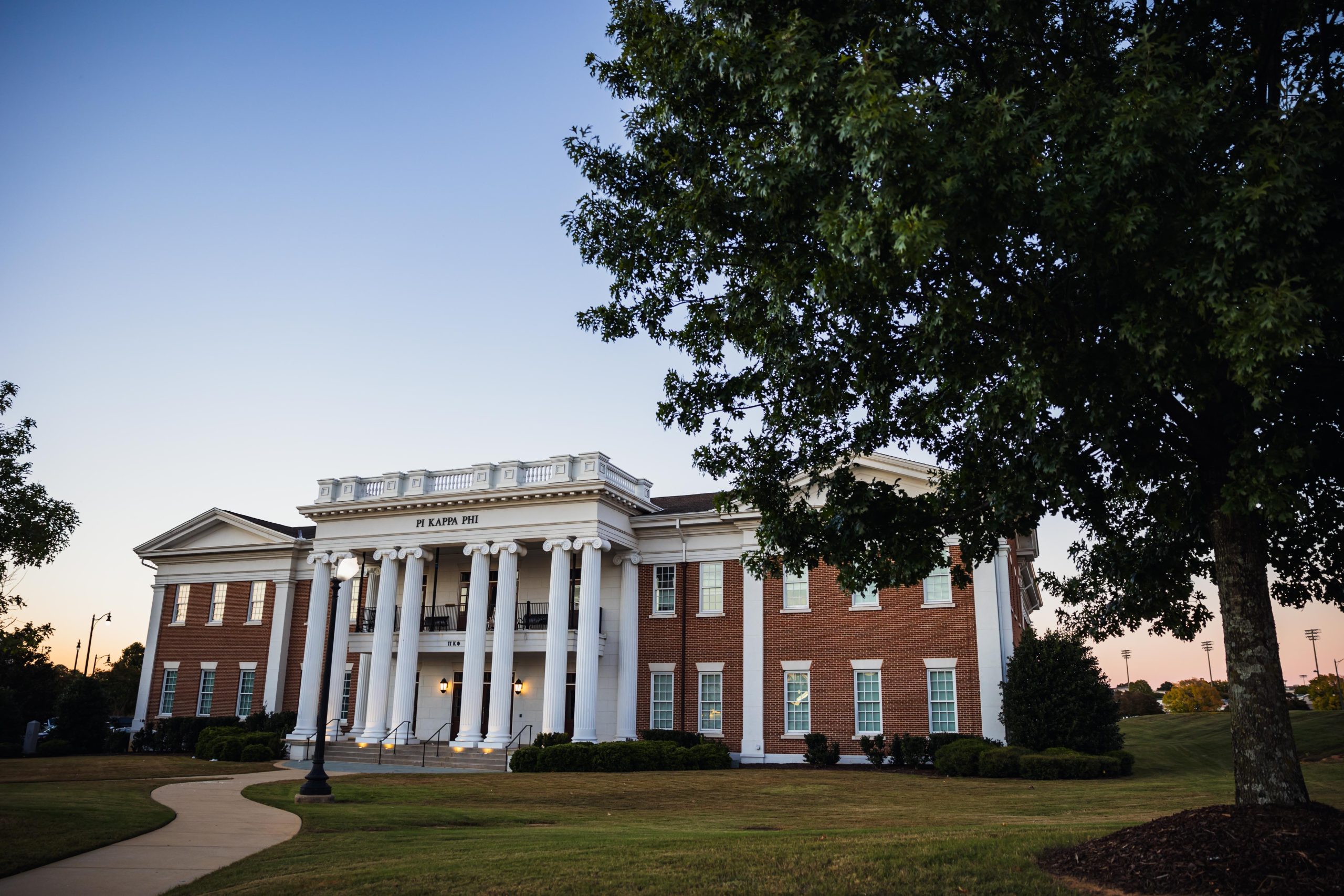Opinion | Stop worshiping billionaires
March 1, 2023
As Americans, we pride ourselves on the separation of powers and checks and balances enshrined in the Constitution. We boast that no single individual can possess an excess of political power within the structure of our government.
Why — especially in a post-Citizens United era — do we not treat economic power the same way?
The myth of the American dream has ingrained a notion in our culture that the uber-wealthy have attained their position purely through merit, and that they deserve more than those who have less. There is no room in the popular discourse surrounding wealth distribution in America for inheritance, luck, exploitation or greed.
The average Joe hopes so dearly that he can attain success and self-fulfillment purely through hard work that he dupes himself into believing that Jeff Bezos turned elbow grease into gold.
This idea has become so prominent in American culture that we fail to associate exorbitant wealth concentrated in the hands of a few with the economic hardships faced by many. We fail to treat wealth as excludable; we act as though one person’s gain is not another’s loss. We treat capitalist profit-seeking as moral, even natural, and fail to value community, equity or justice over wealth. All the while espousing that “money isn’t everything.”
When Bezos suffers economic hardship, he misses out on a foreign vehicle, a new vacation home or another private getaway to outer space. When you, a college student, suffer economic hardship, you fail to pay rent, you can’t afford essentials and you take out more loans or tap into your savings just to get by. Oh, and the government isn’t hand delivering college students a golden parachute either.
It is rational to admire those who can sign blank checks, provide for their families and indulge in all the luxuries any of us could only ever dream of — especially if your day-to-day reality is that of the average American just trying to make ends meet.
But adoration and wistful daydreaming is not how your quality of life will be improved. That will only come through a more equitable wealth distribution and taxes on those who reap the surplus value of your labor on a daily basis.
Your dollar is not going to the barista who greeted you with a smile and handmade your latte, nor is it going to the hardworking Amazon delivery driver who made sure that your package was delivered punctually and with care.
Sure, they are receiving pennies of your dollar, but the money that you are exchanging for their labor is mostly going to the pockets of their disconnected boss — someone who doesn’t know the first thing about making your fancy beverage or working so feverishly that they have to take bathroom breaks in a water bottle.
Even if popular billionaires were not hellbent on exemplifying the corrupting power of wealth on a daily basis, can it really be fair for any one person’s yearly earnings to exceed those of the majority of their workers combined? Does Jeff Bezos truly work harder every second than the average American does in a week? We preach the meritocratic nature of our capitalist economy, yet the average American rarely confronts the disconfirming evidence which billionaires pose to this ideal.
The concept of the American dream is that anyone in this country can achieve economic success and thereby self-fulfillment. Why do we view billionaires as the pinnacle of this dream, when in actuality their hoarding of wealth is what limits the opportunity available to others to reach self-actualization and, sometimes, even base subsistence?
Now, the critique being levied is not against the mega-rich individuals themselves (though there are certainly a plethora of such criticisms to be made), it is a critique aimed at the institutional factors at play which allow for such drastic income inequality to fester in the first place.
The United States has the highest level of income inequality out of all G7 nations despite being the wealthiest nation in the world. Our legislative and economic systems fail to adequately address cyclical poverty, hunger and homelessness.
How do we morally justify the obscene individual luxury of a billionaire to someone whose circumstances obstruct them from putting a roof over their head and food in their stomach? A billionaire’s quality of life does not tangibly change when their taxes rise by even millions of dollars, meanwhile the same sum could bring thousands out of poverty and establish programs to eliminate future hardship.
As college students, we can look to increased taxes on billionaires as a way to permanently address the exorbitant student debt problem facing us and future generations. Our opportunities are being constricted by the wealth inequality in this country and the monopolistic enterprises it encourages. A fraction of a percent of the population has the power to cripple labor rights, shrink the job market and do whatever it takes to benefit their stockholders — we have been tricked into worshiping a system that is actively working against the average American.
Most, if not all of us, are seeking higher education as a pathway to greater opportunity and success. We live in a time in which a college education is nearly indispensable if you wish to make a decent living. Yet, we college students are simultaneously faced with the other side of the double-edged sword once we graduate: unimaginable debt, unaffordable housing and the threat of ever-decreasing labor protections.
There is a relatively simple prescription for treating these problems if we are willing to accept the flaws of our current circumstances: redistribute money from those who do not need it to those who do. Instead of looking to billionaires as our societal ideal, we should view them as a symptom of a lopsided playing field built on inequality.
It is not un-American to place limits on extreme wealth. In fact, if we wish to maintain our position as the “Land of the Free,” then it is our duty to ensure that opportunity is not hoarded away in the hands of a few. Increasing taxation on individuals like Bezos and Musk does not discredit their labor – it merely enables us to better recognize and reward the labor of those who form the backbone of companies like Amazon and Tesla.
We must rewire our collective understanding of what a fair economy looks like. Working multiple jobs to pay for unaffordable housing, expensive commodities and record-breaking student loans cannot be accepted as our modern status quo.
The reality is that our generation is living in a world where things cost more and jobs pay less. I think that is far less acceptable than asking billionaires to contribute more to the workforce they profit off of. Our role as the next generation is to create a more promising future by washing away the rust of inequality and the verdi gris of injustice. We can do this by demanding progressive economics which enable a better way of life; what could be more American than that?










![NEWS | Homecoming Week kicked off on Sunday with the Roll Tide Run and the Homecoming Kick-Off.
The Homecoming committee hosted a Roll Tide Run 5K that started from the Quad, went around the Student Recreation Center all the way down the row of fraternity houses, and then ended at the Student Center.
“My goal for Homecoming this year is to make sure that everybody feels welcome,” said Anthony Bellman, executive director of Homecoming. “I know a lot of our events are mainly focused towards fraternities [and] sororities, so I’ll open that up to the general student population.”
📸 CW / Braxton Bevis
🖊️ CW / J. Calister Clemons and Sujith Mareddy
Read the full story at the link in our bio.
#theuniversityofalabama #universityofalabama #alabama #uofa #ua #crimsontide #rolltide #tuscaloosa #tuscaloosaalabama #alabama #bama](https://thecrimsonwhite.com/wp-content/plugins/instagram-feed/img/placeholder.png)